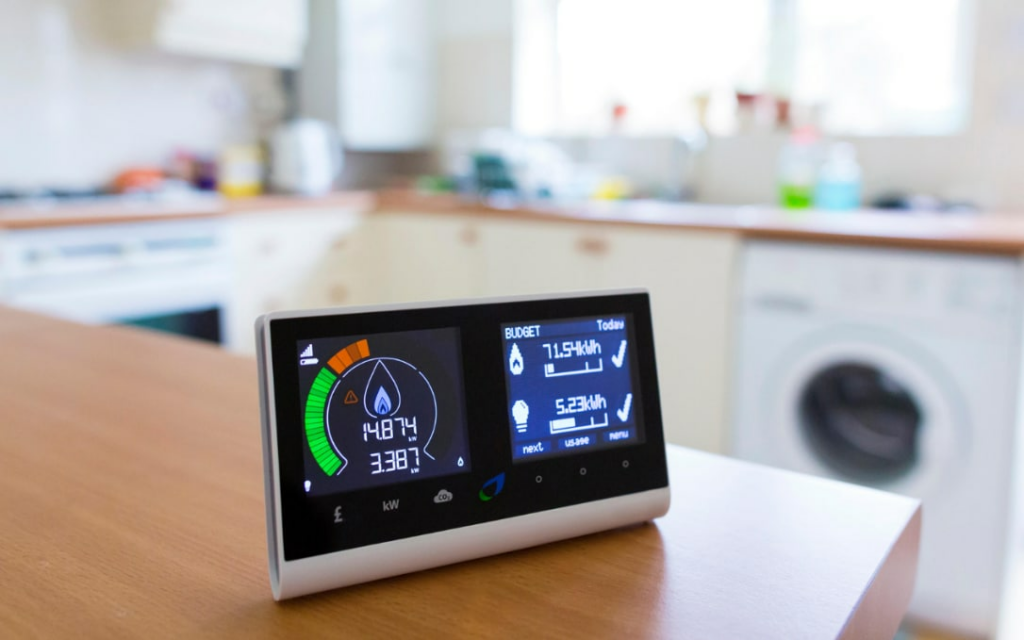A new Department for Energy Security and Net Zero (DESNZ) report has dubbed smart meters a “critical tool in the transition to a low carbon energy system”.
The Smart Energy Savings Competition (SENS) evaluation report highlights the need to scale the rollout of smart meters, using its data able to provide energy feedback and advice to save more off energy bills.
The SENS competition was developed on the assumption that more sophisticated uses of energy consumption data can deliver additional savings to those already achieved by having a smart meter installed in the home.
Backed with £6.25 million in funding by the former Department for Business, Energy and Industrial Strategy (BEIS), the trial looked to support the development, trialling and evaluation of feedback products and services that harness smart meter data to help domestic consumers reduce their energy consumption. This can both lead to a reduced cost in energy bills but also reduce the strain on the GB grid by lowering demand.
The results from the trial found that “products using smart meter data to provide energy feedback and advice can deliver additional energy savings for households in addition to those enabled by the baseline smart meter consumer proposition”.
In addition to this, two experimental trials showed statistically significant impacts on gas consumption savings. Across all the trials customer feedback showcased a strong appetite for energy consumption feedback, advice and recommendations to help secure both energy consumption and associated bill savings.
Despite the positives being witnessed with smart meter data and feedback – the National Audit Office (NAO) revealed that DESNZ “faces challenges in meeting its latest targets” for the rollout of smart meters, as reported by Current± earlier today (16 June).
In its latest report, which provides an update on the rollout of smart meters, the NAO flagged that the industry is facing several challenges in achieving the department’s current targets, including a shortage of installation engineers and disagreements with suppliers.
According to the report, suppliers argue that “they have exhausted the ‘low hanging fruit’ of customers who want devices and therefore call for new policies to support the roll out – such as mandating that any new homes built have a smart meter installed by default”.
Because of this, the government is expected to face difficulties in reaching its smart meter target which initially was aimed for 100% coverage by 2025 before scaling back to have smart meters installed in 80% of homes and 73% of small businesses by the end of 2025.





